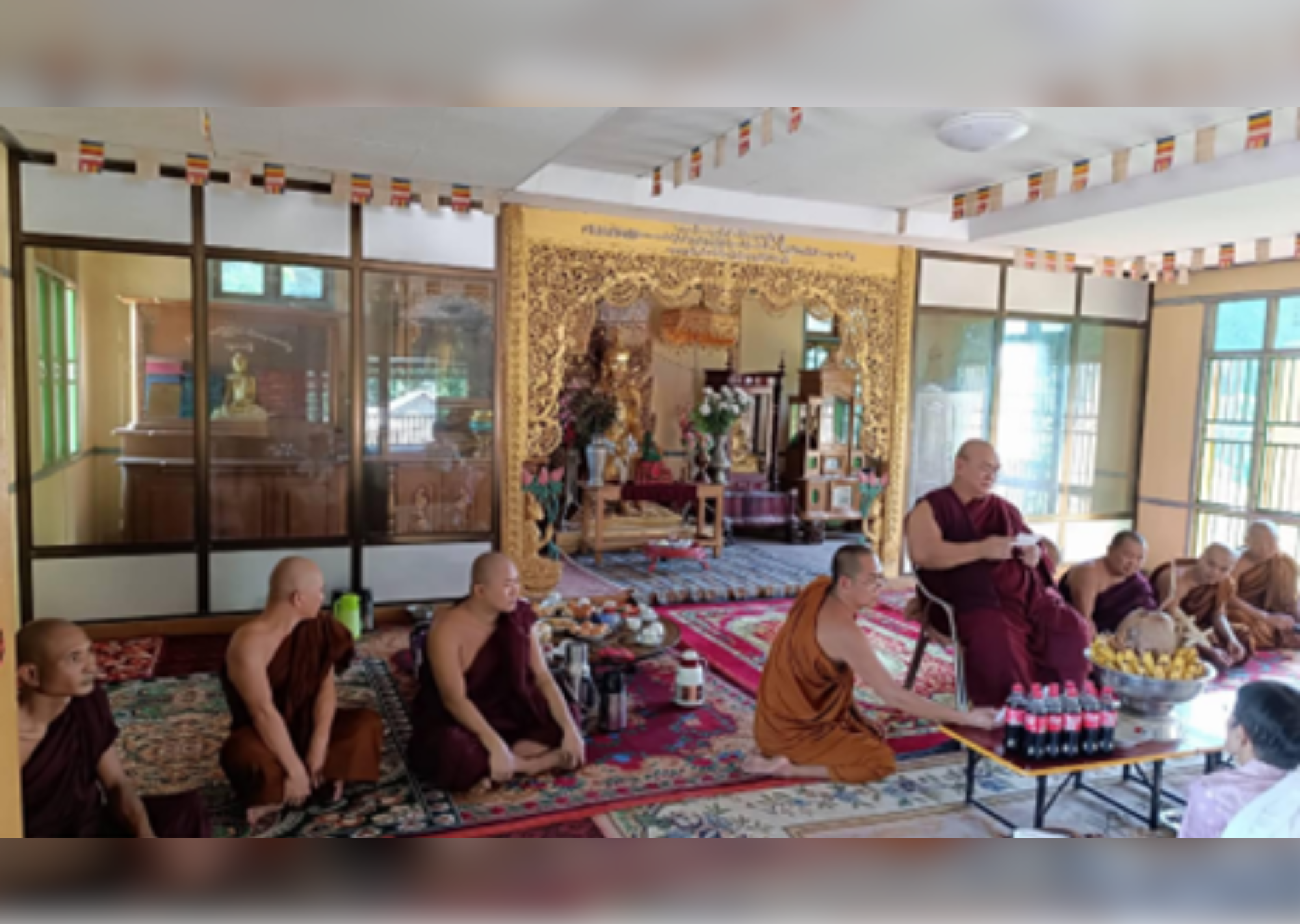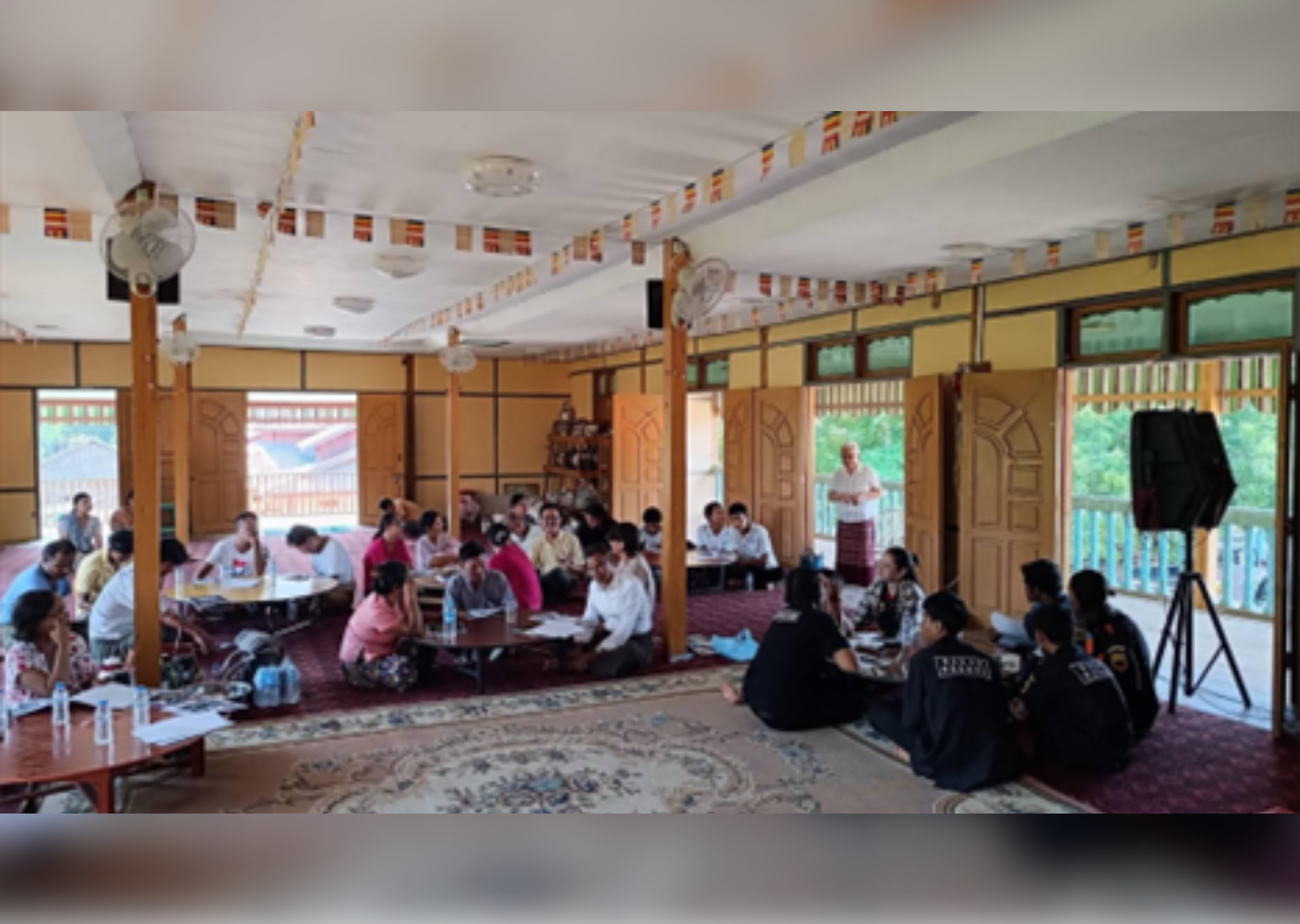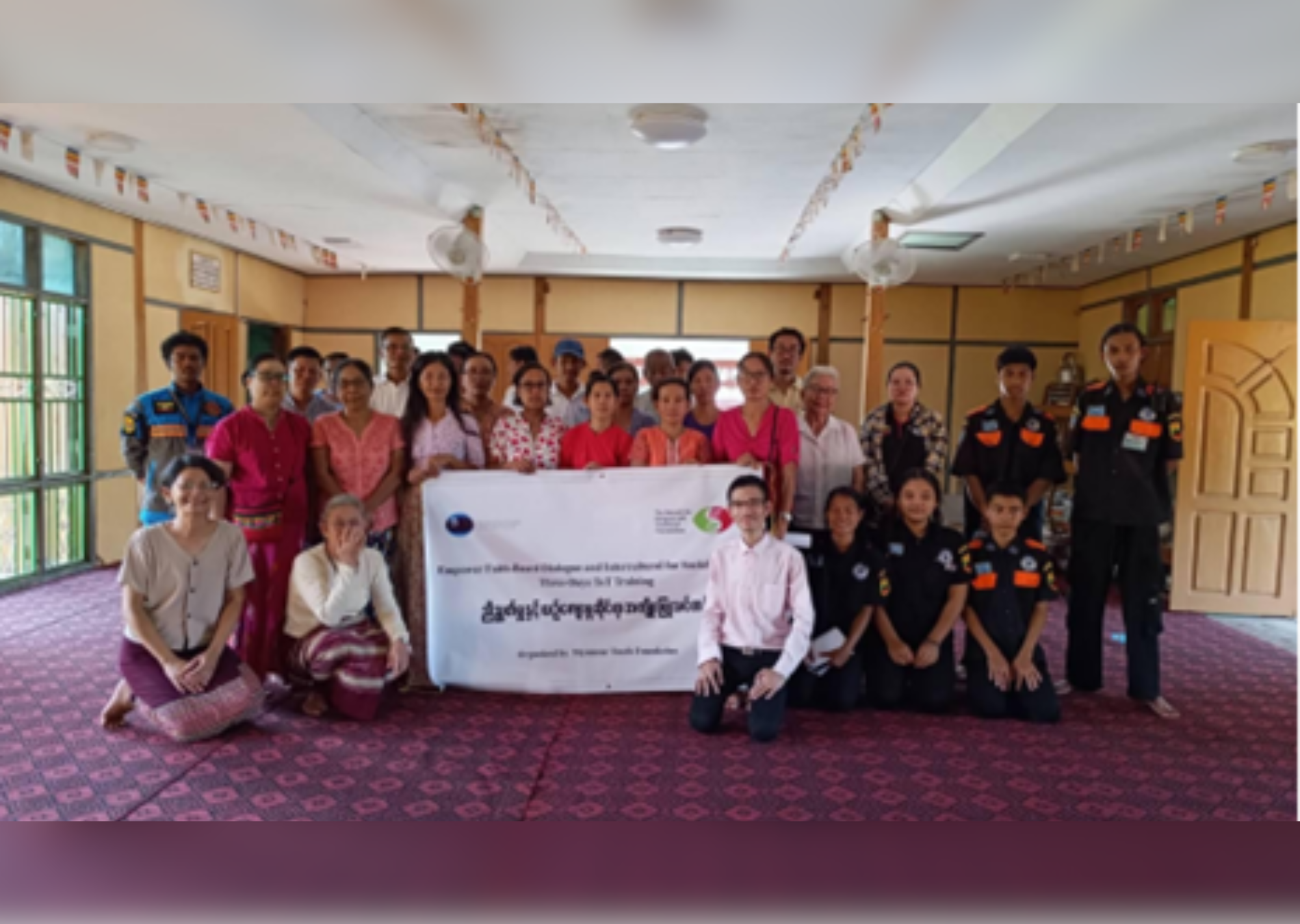Myanmar Youth Foundation for SDGs
Myanmar Youth Foundation (MYF) for SDGs, led by Dr. Aung Than Oo, recognizes the importance of faith-based dialogue in fostering inclusive and supportive environments, and the crucial link between peace and social harmony and addressing the mental health crisis in Myanmar.
Amid ongoing internal conflicts, faith-based traditional peacemakers require platforms for social dialogue, sustainable peace, social protection, and mental health resilience. The escalating crisis, including human rights violations and violence, particularly impacting Indigenous and ethnic areas, increases the need for mental health support among internally displaced persons (IDPs) and local communities, as well as the demand for religious and traditional leaders to fill this need. To address challenges, Myanmar Youth Foundation (MYF) for SDGs implements youth-led interfaith dialogue for empowerment and social cohesion in Myanmar.
Trauma exacerbates social dynamics, raising the risk of serious mental disorders such as PTSD, depression, and anxiety, particularly among marginalized groups like Indigenous women and youth who suffer from isolation and discrimination. Political instability, economic hardship, and the spread of misinformation heighten tensions, emphasizing the necessity of local community and religious leaders as first responders.
To inform their approach, MYF conducted community assessments through interfaith groups, identifying a clear need for more dialogue platforms among traditional peacemakers to promote sustainable peace and mental health resilience. Supported by the AWG Small Grants 2024, MYF implemented the project “Integrating Mental Health and Psychosocial Support (MHPSS) Into Faith-Based Dialogue Efforts” from July to October 2024. The project was developed through consultations with diverse faith leaders, community leaders and relevant stakeholders, and further supported through online and in-person networking activities.
The project included a five-day MHPSS training and a Training of Trainers (ToT) session for 120 participants comprising religious, traditional, and community leaders. Trainings integrated counseling perspectives with Buddhist, Hindu and Spiritual teachings to develop emotional resilience, inner peace and community strength. The community-based MHPSS five-day training, held on September 28-29-30 and October 1 & 5, 2024, significantly enhanced participant knowledge and skills. 37 participants engaged in the first three-day session, followed by a two-day technical dialogue training with 32 participants, led by a Buddhist monk, focusing on the intersection of spirituality and mental health. The second training targeted indigenous women, youth, and local actors, to equip them with essential conflict resolution skills and strategies for the provision of mental health support.


Community-based MHPSS five-day Training of Trainers for religious, traditional, and community leaders. September and October 2024.
Following the MHPSS training, a three-day Training of Trainers (ToT) on Empowering Faith-Based Dialogue took place from October 11 to 13, 2024, in the Naung U Bagan Heritage Zone, Myanmar, with 35 participants. This training enabled participants to develop 15 concrete action plans for fostering interfaith dialogue and enhancing MHPSS support within their communities.
On October 14, 2024, MYF organized an interfaith dialogue involving 9 faith leaders and 16 local community leaders in Nyaung-U Township, aimed at empowering participants to manage stress, build relationships, and engage positively with their environments. The discussions focused on spiritual well-being, aspirations for peace, and actionable strategies. Participants included Buddhist monks, educators from the BaKa Schools, intercultural practice teachers, and community members involved in rescue and volunteer efforts aimed at promoting social cohesion.
Through collaborative networks with various diverse groups, MYF’s project reached an additional 400 individuals, including marginalized and indigenous communities, ethnic minorities, internally displaces persons, and community leaders, including former regional Hluttaw representatives, Civil Disobedience Movement leaders, education rights activists, social workers and revolutionary youth leaders.
Success Stories
Venerable Thura is a Buddhist monk from Sagaing, Myanmar. HIs community has been deeply affected by the ongoing conflict and political instability in the country, and he moved to an ethnic area to initiate his plans for social cohesion. As a respected faith leader, Thura has always been committed to serving his community and providing spiritual sessions, combining spiritual guidance with mental health support. After the MHPSS 5-day training, he initiated weekly support group sessions, combining spiritual guidance with mental health support.
Marla, has experienced displacement and struggled with anxiety and fear. Through the MHPSS program and other various faith-based workshops, she was able to overcome her anxiety, express her feelings and build confidence, leading to increased community engagement and improved emotional well-being.

Training of Trainers on Empowerment Faith-Based Dialogue. October 2024.
Challenges
Cultural Sensitivities: Individuals found it difficult to discuss personal health issues openly due to cultural norms.
Limited Resources: Many activities relied on unstable internet connections and high costs, presenting logistical obstacles for participant involvement.
Security Issues: Organizing in-person sessions posed significant security risks amidst armed conflict, necessitating strong safety measures for trainers and participants.
It is essential to continue and expand MHPSS training programs, ensuring they are context-specific and locally driven. Future initiatives should focus on both online and offline training modes while creating flexible networks for collaboration and resource sharing. Fostering accessible support in remote and conflict-affected communities requires innovative approaches to address security and logistical challenges.
Follow the Peacemakers Network on social
